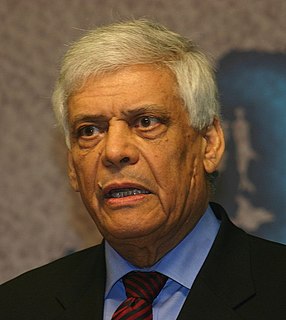A Quote by Paul Di Filippo
The emotional tone or affect of the tale should be hot and engaged, not remote and dispassionate.
Related Quotes
From a tale one expects a bit of wildness, of exaggeration and dramatic effect. The tale has no inherent concern with decorum, balance or harmony. ... A tale may not display a great deal of structural, psychological, or narrative sophistication, though it might possess all three, but it seldom takes its eye off its primary goal, the creation of a particular emotional state in its reader. Depending on the tale, that state could be wonder, amazement, shock, terror, anger, anxiety, melancholia, or the momentary frisson of horror.
A universe without purpose should neither depress us nor suggest that our lives are purposeless. Through an awe-inspiring cosmic history we find ourselves on this remote planet in a remote corner of the universe, endowed with intelligence and self-awareness. We should not despair, but should humbly rejoice in making the most of these gifts, and celebrate our brief moment in the sun.
The artist usually sets out -- or used to -- to point a moral and adorn a tale. The tale, however, points the other way, as a rule. Two blankly opposing morals, the artist's and the tale's. Never trust the artist. Trust the tale. The proper functions of a critic is to save the tale from the artist who created it.





































